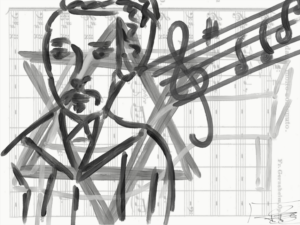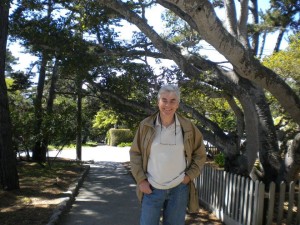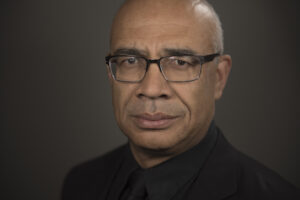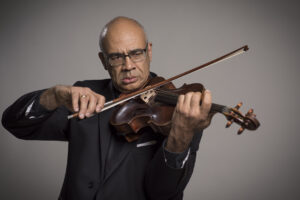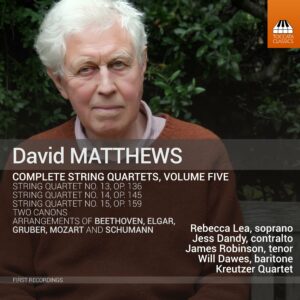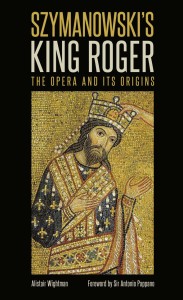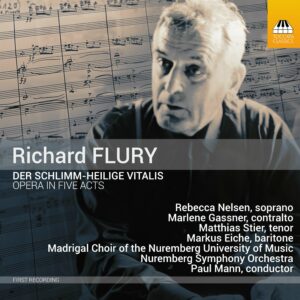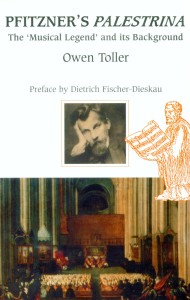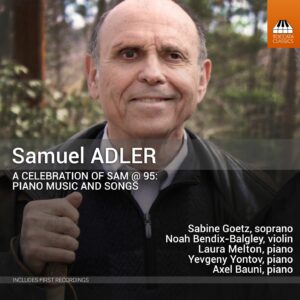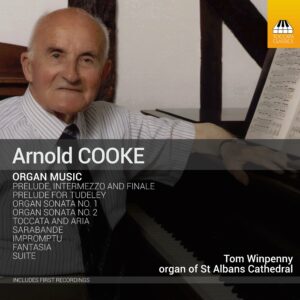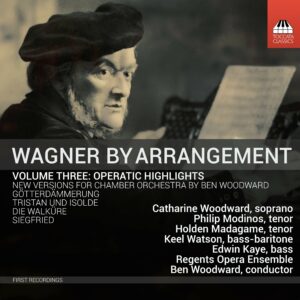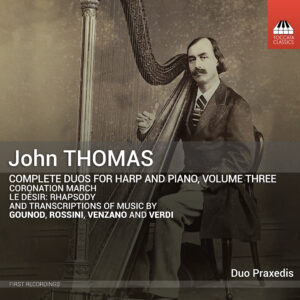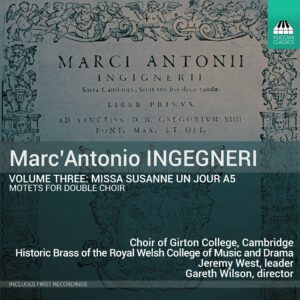Search Results for "obras de william makepeace thackeray" – Page 4
Showing results for operas william magpies teacher
Reflections on the Life and Work of Friedrich Gernsheim – With Some Help from the Young People of Worms
Ever since, some years ago, I heard the State Philharmonic Orchestra of Rhineland-Palatinate performing a symphony by Friedrich Gernsheim (1839–1916), I have been seeking to…
Discovering Henry Cotter Nixon
Given my long involvement with The Havergal Brian Society – I was its Secretary and Newsletter editor from 1976 to 1992 and Chairman from 1994…
A Violist’s Bucket List
I am so happy to be able to participate in the Toccata blog and tell you a little about the two albums that have been…
A Violist’s New CD Captures the Romance of Russian Sonatas
Article in the University of Denver Magazine (magazine.du.edu)by Tamara Chapman, 31 January 2022; reproduced with permission Compared with its siblings in the violin family –…
Too Many Symphonies? – Part One: Rob Keeley
Sometime in the 1950s, when John Barbirolli famously said ‘there are too many symphonies this year, or any year’, he might have been weary after…
Remembering Roger Smalley
A new Toccata Classics release restores to circulation the music of a composer who was both a cutting-edge modernist and an enthusiast for Romantic figures…
An Infinity of Traces: Influence Without Anxiety
I often play a kind of party game with friends: each participant will offer a recording of a piece of music by a less-well-known composer,…
David Matthews: Complete String Quartets, Volume Five
The American critic Robert Reilly described the music on Volume One of this cycle of the complete string quartets of David Matthews (b. 1943) as ‘some of the most concentrated, penetrating writing for this medium in the past 30 years or more. It is musical thinking of the highest order and quartet writing in the great tradition of Beethoven, Bartók, Britten, and Tippett’. Matthews’ three most recent quartets call in a wide range of references. Birdsong – heard in Nos. 13 and 14 – is a standard Matthews topos; and the fugal No. 15 seems to find a middle ground between late Beethoven and folk-music. No. 13 presents the biggest surprise: it introduces four solo voices, siting the work somewhere between Berg’s Lyric Suite and Vaughan Williams’ Serenade to Music. Some touching arrangements and two canons for two Michaels – Tippett and Berkeley – complete the programme.
Rebecca Lea, soprano 8
Jess Dandy, contralto 8
James Robinson, tenor 8
Will Dawes, baritone 8
Kreutzer Quartet
Peter Sheppard Skærved and Mihailo Trandafilovski, violins
Clifton Harrison, viola
Neil Heyde, cello
Szymanowski’s King Roger: The Opera and its Origins
Foreword by Antonio Pappano
Extent: 171 pages
Size: 24.1 x 16.4 cm
Extent: 171 pages
Composition: Royal octavo
Illustrations: 26
Richard Flury: Der schlimm-heilige Vitalis, Opera in Five Acts
Der schlimm-heilige Vitalis (which can be translated roughly as ‘Lustful Brother Vitalis‘) was the last of the four operas by the Swiss composer Richard Flury (1896–1967). It was premiered in 1963, the year after its completion, and then remained unheard until this recording. The plot, based on a novella by Flury’s fellow Swiss, Gottfried Keller, sets jolly village life against religious intolerance and sexual politics in an unsettling blend of the sentimental and the cynical – although love, of course, triumphs in the end. Flury’s late-Romantic music redeems the libretto with a steady flow of memorable melodies, engaging solo and choral numbers, and colourful orchestration – and with a sense of fun never far from the surface.
Rebecca Nelsen, soprano
Marlene Gassner, contralto
Matthias Stier, tenor
Markus Eiche, baritone
Madrigal Choir of the Nuremberg University of Music
Alfons Brandl, chorus-master
Nuremberg Symphony Orchestra
Paul Mann, conductor
Pfitzner’s Palestrina: The ‘Musical Legend’ and its Background
Preface by Dietrich Fischer-Dieskau
Extent: 310 pages
Composition: Demy octavo ~ Illustrations ~ Bibliography ~ Discography ~ List of Works ~ Index
Illustrations: 23 b/w; 89 music exx.
Samuel Adler: A Celebration of Sam @ 95: Piano Music and Songs
The youthful agility of Samuel Adler – born in Mannheim in 1928 but long since regarded as the dean of American music – would appear to contradict the fact that he reached his 95th birthday in March 2023. This celebration of his productive life – as composer, teacher, writer and conductor – testifies to his ongoing vigour with a programme of songs and piano works composed, for the large part, after his 90th birthday, many of them tributes to musician friends. His music has its roots in the Neo-Classical clarity of composers like Copland and Hindemith, who were among his teachers, but has a raunchy energy entirely
Adler’s own – and which would be remarkable in a composer half his age.
Sabine Goetz, soprano (Tracks 4, 11, 12, 17-20)
Noah Bendix-Balgley, violin (Tracks 17-20)
Laura Melton, piano (Tracks 1-3, 5-10)
Yevgeny Yontov, piano (Tracks 1-3, 13-16, 21-30)
Axel Bauni, piano (Tracks 4, 11, 12, 17–20)
Arnold Cooke: Organ Music
The music of Arnold Cooke, born in Yorkshire in 1906, had already fallen into neglect by the time of his death 99 years later. Cooke was a prolific composer, with two operas, six symphonies, numerous concertos and a generous amount of chamber music to his credit – nor did he neglect the organ, as this album of his major organ pieces reveals. Cooke’s style owes much to his teacher, Hindemith, not least since both men were natural contrapuntists, although there are also points of contact with Bartók and Shostakovich, and occasional touches of Walton’s ceremonial sparkle and no-nonsense grandeur.
Tom Winpenny, organ of St Albans Cathedral
Wagner by Arrangement: Volume Three, Operatic Highlights
Necessity being the mother of invention, the English conductor Ben Woodward has arranged the full-symphonic textures of some of Wagner’s operas for eighteen-part chamber orchestra to bring them within range of the forces available to Regents Opera in London – arrangements which should, indeed, put them with the reach of smaller companies everywhere. This new ‘room-sized Wagner’ enhances the sense of scale of the originals with a striking degree of clarity.
Catharine Woodward, soprano: Brünnhilde (Tracks 1,3,4), Isolde (Track 5)
Keel Watson, bass-baritone: Wotan (Track 1)
Philip Modinos, tenor: Siegfried (Tracks 2,3)
Holden Madagame, tenor: Mime (Track 2)
Edwin Kaye, bass: Hagen (Track 4)
Regents Opera Ensemble
Ben Woodward, conductor
John Thomas: Complete Duos for Harp and Piano, Volume Three
Harpist to Queen Victoria, the Welsh composer John Thomas (1826–1913) also wrote prolifically for his own instrument, both for solo harp and for duos of two harps or harp and piano – a combination where the different sounds of the two instruments enhance the clarity of the texture. Thomas’ original works use the elegant Romantic style of his own day, but he also left a generous legacy of transcriptions, especially of operatic favourites. Although some of his music was intended for the Victorian drawing room, other pieces require a virtuoso technique – and all of it has a thoroughly engaging melodic appeal.
Duo Praxedis
Praxedis Hug-Rütti, harp
Praxedis Geneviève Hug, piano
Marc’ Antonio Ingegneri, Volume Three: Missa Susanne un jour a5
The Cremonese composer Marc’Antonio Ingegneri (c. 1535/36–92) is chiefly remembered as the teacher of Claudio Monteverdi while, for well nigh 500 years, his own achievements were left to sit in the shadows. This third in a series of pioneering recordings from the Choir of Girton College, Cambridge, reveals Ingegneri to have been one of the masters of his age, writing music of breathtaking richness and beauty: the works heard here combine learned, intricate counterpoint with the kind of sheer sonic thrill that brings a shiver of physical excitement. It is, of course, religious music, but it is also extraordinarily passionate, to a degree not previously heard, nor for centuries to come, until the rise of the great Romantic choral works.
Choir of Girton College, Cambridge (1, 2, 4–6, 9–12, 16)
Historic Brass of the Royal Welsh College of Music and Drama (1–7, 9–14)
Jeremy West, leader (3)
Emily Nott, organ (8)
Felix Elliott, organ (15)
Gareth Wilson, director
Stay In the Know
JOIN THE TOCCATA NEWSLETTER
"*" indicates required fields
By visiting our site, you agree to our privacy policy regarding cookies, tracking statistics, etc.
